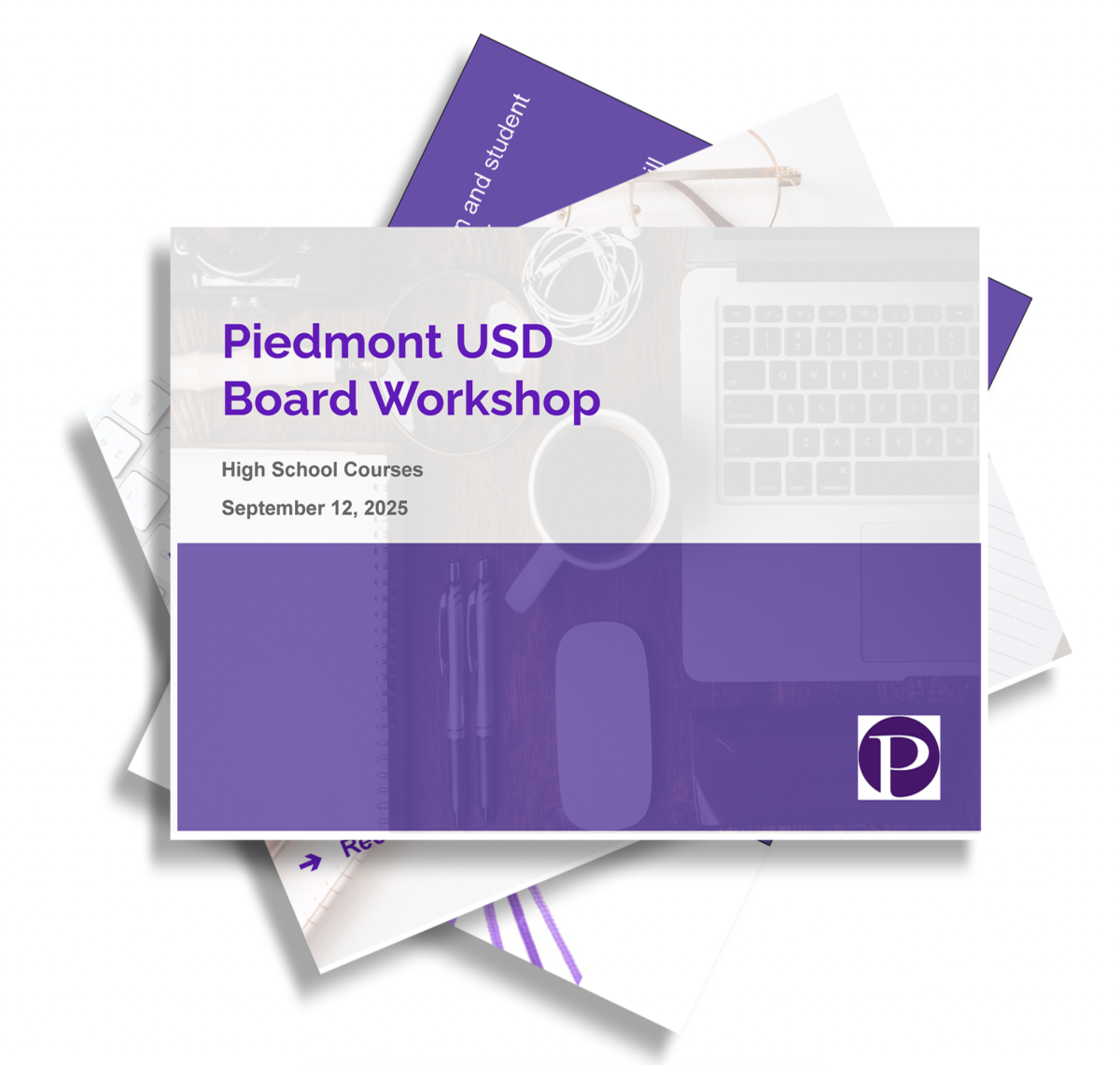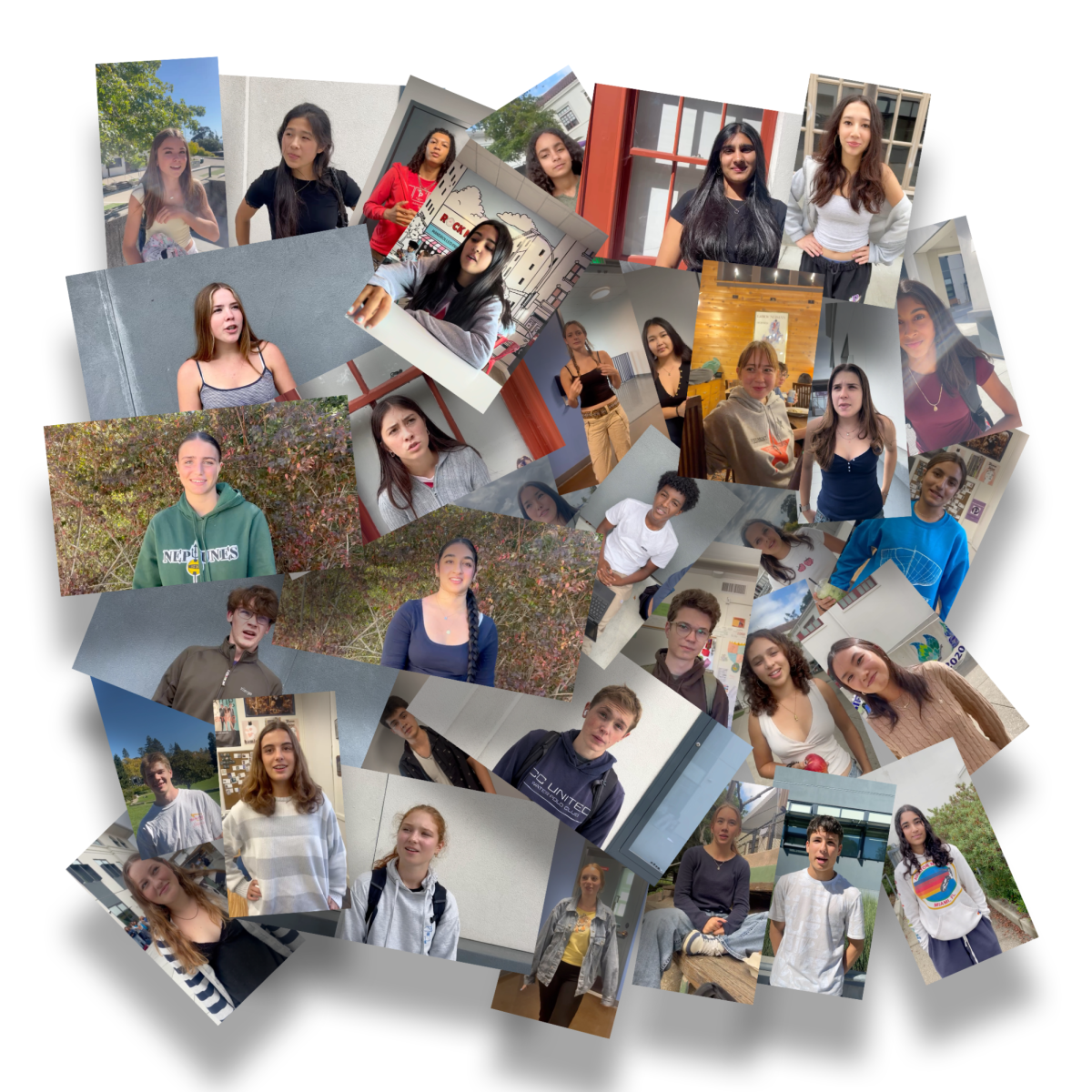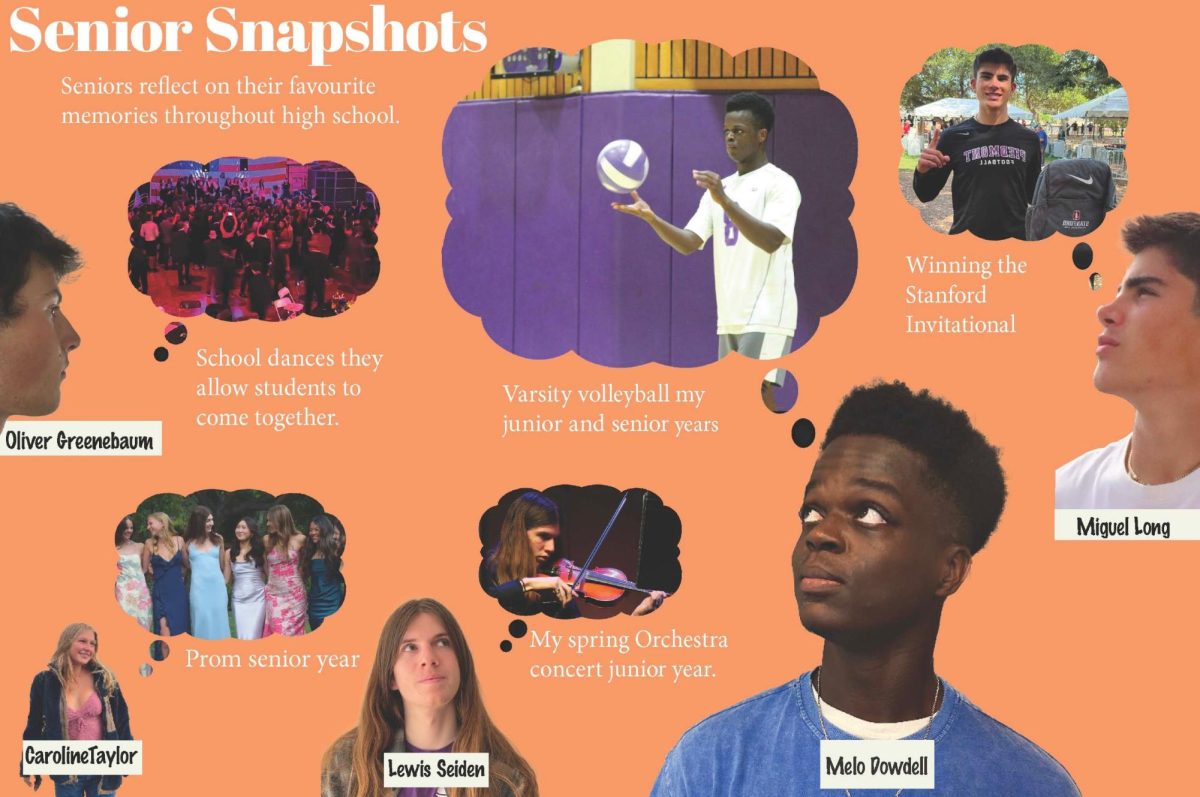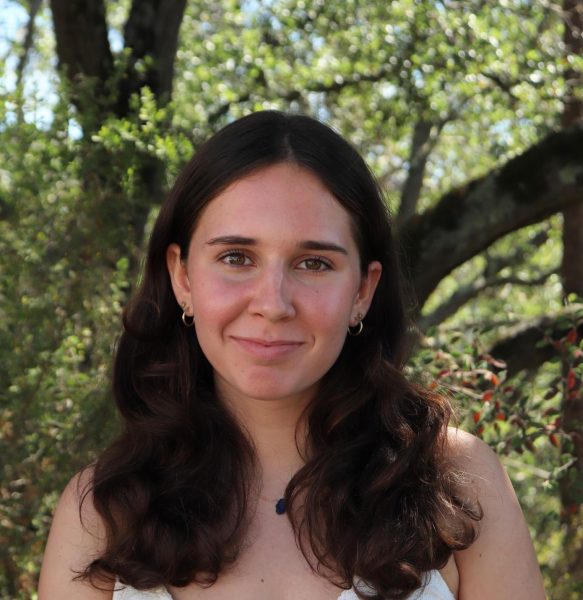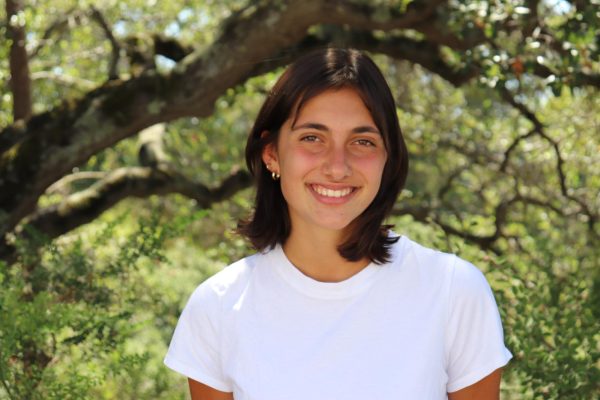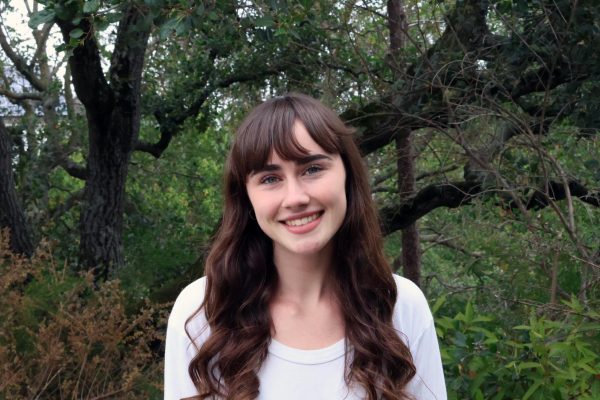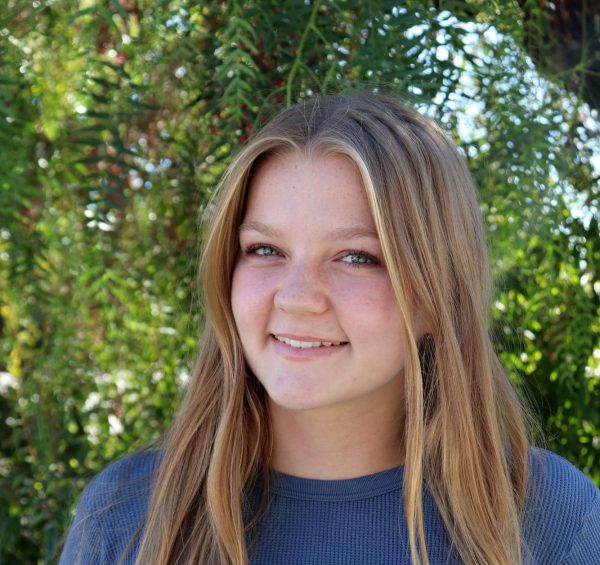One Track Mind
How much pressure does it take to crush an aluminum can? How much pressure does it take to crush a diamond? How much pressure until a highschool student cracks?
AP classes. Dozens of extra-curricular activities. Leadership roles. Part-time jobs. The idea of college and life after high school not only plagues the minds of many PHS students, but can crush them entirely.
Senior Jessica Liu applied to a few schools in November. Then she applied to some more. Then she added several more. The same goes for anonymous PHS student Rachel, who ended up applying to almost double the amount of schools she originally planned on. Among a wide range of factors that contribute to the stress around college applications, peer pressure from friends and family resulted in students applying to as many schools as they can.
“Most of the pressure I felt is just within my family,” Rachel said. “My dad had to review everything I wrote and then would make me rewrite all of my essays if he didn’t think they were good.”
Rachel said her dad is one of the main reasons she applied to so many schools.
“I was planning to originally apply to 13 colleges, but I ended up applying to 24 because he made me add a bunch that I didn’t want to apply to, because they were good,” Rachel said. “I would love to go to the University of Washington. The area is super cool to me and they have good programs and stuff. But my parents are like, ‘you’re not allowed to go unless you don’t get in anywhere else.”
Liu attributed the pressure she felt to conversations with friends.
“I feel like [discussing colleges and classes] is just Piedmont’s culture. Everybody kind of does [it]. Like I talk about college and then it freaks my friend out and then we’re both complaining about it,” Liu said.
The constant conversation surrounding college can lead to heightened tensions within the community.
“I think everyone [in Piedmont] is held to a very high standard. And that can enable a lot of competition and oftentimes can lead to certain people trying to get an upper hand on others, even if it means possibly hurting the other person to their benefit,” senior Riley Stratman said.
Stratman said he has witnessed cheating throughout his high school experience, as well as students lying on their applications.
“I think the vast majority of the student population will or has [cheated] at one point in their high school career,” Stratman said.
Students have said that cheating is very prominent at PHS, partially due to the pressure they face, as students may feel overwhelmed and therefore driven to extreme lengths to look appealing for colleges.
“It’s not right to lie [on your applications], but I do think that the whole college process is a little messed up,” said Tracy, an anonymous PHS student. “This is how you have to play—you have to make yourself sound as good as you possibly can. While you shouldn’t lie, I definitely do think that a lot of people tend to embellish.”
Other students feel that exaggerating or lying on applications can take spots at colleges away from students who truly deserve them.
“I really [feel resentment for people who lie on their applications],” Rachel said. “If someone claims that they’ve done something that I know they haven’t, that I have participated in a lot, that does prove very frustrating.”
At Piedmont, students feel that the discussion regarding acceptance into prestigious universities, namely Ivy League schools, increases the pressure to commit to a ‘good’ school.
“[I qualify] less than a twenty percent acceptance rate [as a good college],” Rachel said.
Acceptance rates are seen by many as a determining factor for what classifies a ‘good’ college. Many students feel the need to apply to certain schools simply due to how challenging it is to be accepted.
A student-led Instagram account, @piedmontseniors2024, curates college decision posts for each student who has committed to a university. Senior Spencer Sorensen-Wald, who has committed to Brown University, said these posts can influence the peer pressure surrounding college decisions, or competition between each other.
“Everybody looks at those [Instagram pages]. Everybody cares about that. Even after people are into college, they’re still looking at them,” Sorensen-Wald said.
While the Instagram pages can be appealing to students, sophomore Cassie Colby said the pages can create a toxic environment.
“It can definitely be double-sided where it’s fun and cool that people are doing well and getting into colleges, but on the other hand, it can be a toxic environment, as it seems to be a little bit performative,” Colby said.
Aside from online toxicity, students feel that there is a pressure to perform exceptionally well in high school—not to learn, but to appear better for colleges. According to BigFuture, a college planning tool affiliated with the College Board, “while grades and test scores are important, colleges also want to see the person you’re becoming and the skills you’ve learned outside of class. They want to know what makes you unique, and the extracurricular activities you participate in will help you stand out.”
Many students feel that this stress on activities can lead students to become involved in extracurriculars that they are not interested in, solely to get into college.
“It’s really obvious to me when people aren’t truly interested when they try out [for Mock Trial],” Mock Trial president senior Jane Hempeck said. “ I don’t think it’s worth it to spend a ton of time and energy into something you don’t enjoy, especially when it’s not in school hours.”
Apart from extracurricular activities, many students feel pressure to take classes that they aren’t interested in, solely for a GPA boost.
“Everyone in my [AP Calculus] class is taking it so they can go to college. We’re all doing that. I’m not taking AP art history because I love art history. Nobody in there is,” anonymous student Luke said.
Sorensen-Wald said he tried to take rigorous courses even before he knew where he wanted to go to school.
“The reason I was taking all the hard classes that I was taking was, I guess, to look like a better student,” Sorensen-Wald said.
Conducting The College Conversation
When senior Lily Caldwell opened her decision letter from Tulane University, she was met with good news. Caldwell was accepted as a Spring Scholar, meaning that she will be spending her first semester abroad before coming to Tulane’s campus in the spring.
Tulane had been Caldwell’s dream school for the past year and a half.
“I did a pre-college summer program there last summer and I just fell in love with it. I love the campus and the environment, and obviously New Orleans was a big factor for me,” Caldwell said. “It’s a great school, and I’m looking to go pre-med and it has a really good pre-med program.”
Because Tulane was her top choice, Caldwell chose to apply in the Early Decision (ED) cycle, which is a binding commitment. According to College Board, students who are accepted through ED must attend that college and withdraw all of their other applications. Students are only allowed to apply ED to one college.
Caldwell said that other students knew that Tulane was her dream school, and some students made comments to her about not thinking she would get accepted.
“I think there were a lot of doubts,” Caldwell said. “A lot of people were like, ‘You’re not gonna get in,’ and ‘It’s too hard for you,’ or whatnot.”
In addition, Caldwell felt stressed by the six other Piedmont students who also decided to apply early decision to Tulane this year.
“That definitely made me a little bit nervous just because they liked the school as well,” Caldwell said. “Traditionally, schools are not going to admit five or six people [from the same high school] early decision to one school, so it was just a little bit stressful.”
The pressure that Caldwell felt knowing that other Piedmont students were also candidates for her dream school is a common sentiment.
Senior Rylan Nelson also applied ED to Tulane, which was his dream school at the time.
Nelson chose to tell others that he had applied to Tulane. Nelson said that on the day of his decision, other students would ask him about it, because they knew both he and several others had applied there.
“The day came when it was coming out, [and] in every period, [everyone was] like, ‘Are you ready?’ or ‘How do you feel?’ and I was like, ‘Shut up. Be quiet. Like I don’t want to talk about it,’ ” he said.
Despite being resistant to discussing the decision before the results came out, Nelson chose to open his decision letter in front of his friends during lunch. Unfortunately, the result was not what he hoped for—Nelson was rejected.
“I didn’t want to wait [to open the decision],” Nelson said. “I knew it was coming out at that time, so I opened it.”
Nelson said his friends were very supportive when they learned of his result. While he was initially upset about being rejected, Nelson said this feeling did not last long.
“Once I got rejected, I very quickly moved on to other things,” Nelson said.
As underclassmen and juniors watch the current senior class face acceptance or rejection, the reality of college admissions begins to set in for them.
“Seeing other people get really disappointed is a big [source of pressure]. Especially because that kind of makes you think about classes and extracurriculars even more [for your own applications],” freshman Heiko Sexton-Boer said.
Some younger students have already set their sights on a dream school. Since junior Dahlia Saffouri was in elementary school, she has aspired to go to the same university her dad attended.
“My friends don’t say, ‘you’re never getting into [my dream college],’ but we all know how hard it is to get into there,” Saffouri said. “I think the thing about dream colleges is that you don’t necessarily expect to get in.”
Saffouri said she believes that having a prestigious dream school pushes her to do better academically, but that the competitive culture of Piedmont surrounding dream schools adds unnecessary pressure.
“I don’t think that I would feel the same pressure on myself if I weren’t in the Piedmont atmosphere,” Saffouri said. “There are so many students that have their sights set on an Ivy [League School] as their college, like that is what they’re expecting.”
Saffouri said she thinks that because so many students expect to go to a prestigious school, when someone doesn’t make a prestigious college their goal, they are judged for it.
“When someone’s dream school isn’t a crazy school, they’re going to be kind of minimized,” she said.
Senior Adia Lee said that she has felt the effects of the competitive environment even more now that she is actually applying to college, and many of her conversations with other Piedmont students center around college.
“Comparing people, where you’re getting into college, where you’re applying, can be really destructive,” Lee said. “I don’t think it’s healthy.”
The competitive culture in Piedmont also leads many students to believe that where they do or don’t get in defines them.
“There’s definitely a rather unique culture around college being a way to measure your success, as a way to measure your worth,” sophomore Athena Li said.
Junior Joseph Blumberg said that he and many of his peers feel cautious about sharing their dream schools because they have seen older students share theirs’ and then get rejected, and don’t want to have the same experience.
“Because college acceptances are made pretty public at this school, if you fall short of [being accepted to your dream school], it can be kind of humiliating or demoralizing or disheartening because now everyone knows you didn’t succeed,” Blumberg said.
Next Stop: PHS alumnus share different tracks of post-graduation plans
Sports in college:
Sophia Zalewski (she/her)
Graduated from Piedmont High School in 2020
Carnegie Mellon University
Q: What made you decide to pursue sports in college?
A: I wanted to continue running in college because I had more athletic goals I wanted to achieve, and also wanted the community of a sports team.
Q:How was your experience with academics and sports?
A: Juggling school with athletics has definitely been difficult.We travel for races pretty much every weekend, meaning I have to miss out on fun activities with my friends most Friday nights, and am constantly having to make sure I get enough sleep, eat well, and fit in recovery between classes. A lot of academic events are scheduled during practice time, so I have to be very proactive with emailing professors about missing school, and moving around my practice time in order to attend office hours. At the same time, being on a sports team has also been very rewarding.
Q: If you could go back in time would you make that decision again?
A: If I could go back, I would definitely make the decision to run in college again. Athletics aside, the community that collegiate cross country has provided has been pivotal in shaping my college experience.
Gap year:
Lena Fleischer (she/her)
Graduated from Piedmont High School in 2018
Colorado College
Q: What made you choose a gap year?
A: I felt so burnt out after high school. I needed a little bit of a reset, and there was a lot more I wanted to understand about the world before college. In times when I felt uncertain about my decision, I reminded myself that plenty of people report regretting not taking a gap year, but I’ve yet to meet someone who regrets doing it.
Q:How was your experience taking a gap year?
A: Taking a gap year was the best decision I could have made for my 18-year-old self. I worked a real job, slept in snow caves, became an EMT, watched open heart and brain surgeries from the OR, backpacked the Annapurna circuit, and traveled solo for months. By the end of the year, I was excited to go back to school and I had a plethora of life experiences under my belt that helped me make the most of my time in college. The best thing about taking a gap year is that it can be whatever you want or need it to be: a way to make and save money; time to apply to college; an opportunity to learn a language; or hit reset in any way that suits you.
Community College:
Charles White (He/him)
Graduated from Piedmont High School in 2023
Santa Barbara City College (SBCC)
Q: Did you always want to attend said school?
A: SBCC is definitely not my dream school, but by going through SBCC, it allows me to be able to go to my dream school while also saving a good amount of money.
Q: How has your experience been so far?
A: So far, I’m really enjoying being in Santa Barbara. All of my professors in SBCC have been very good so far. The people here are all extremely nice and it is a very welcoming environment for everyone.
Q: If you could go back in time would you make that decision again?
A: I believe I made the right choice for myself. SBCC is a great feeder school to many UCs, and it is a great path to take.
College:
Julia Banuelos (she/her)
Graduated from Piedmont High School in 2023
Dartmouth College
Q: Have you always wanted to attend Dartmouth University? Was it always the school you wanted to attend?
A: I didn’t necessarily have a “dream school,” but initially I was very motivated to go to the best college that I could get into. I received an acceptance from Columbia, which was the closest thing I had to a dream school. After visiting, I realized there were many aspects of the school that weren’t a good fit for me. On the other hand, when I visited Dartmouth, I was overwhelmed by the amazing community, tradition, and spirit. I could not be happier with my choice!
Q: If you could go back in time would you make that decision again?
A: I love Dartmouth. I think the community is so special and the quirky traditions have been so much fun. On the academic front, I have loved being in small seminar-style classes and the opportunity to work directly with professors. Overall, the availability of mentors, professors, and alumni has been incredible.
Initially joined the workforce:
Marcus Lee (he/him)
Graduated from Piedmont High School in 2022
University of Oregon
Q: What did you choose to do right after high school?
A: Coming out of high school, I basically took a break from school. During that year, I volunteered with the AmeriCorps program and worked as a Student Support Specialist at Allendale Elementary School in Oakland, California. After that year, I decided to go to college and now I am attending the University of Oregon. Going into a workplace environment also gave me better financial stability and work experience once I entered college.
Q: How was your experience working with AmeriCorps?
A: My experience working with AmeriCorps was fruitful, providing me with valuable work experience as well as new perspectives. Through working in a Title 1 school, I was able to gain a view of the current US education system that I was unable to get at Piedmont. AmeriCorps also helped me further my interest in education, which is a field I am currently considering pursuing while at the University of Oregon.

